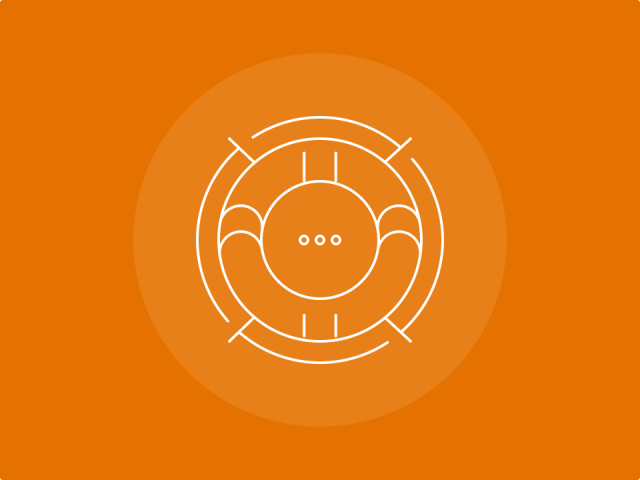

 Article
Article


My annual exhortation to students, friends, and family to read more started out as a bit of advice and has turned into a longer project than I had imagined (see 2011, 2012, 2013, 2014, 2015, and 2016). Each December, people nudge me with “Where’s this year’s list?” So I start to pull together a few notes as I reflect back on the year’s reading; then the notes grow and grow. Out of embarrassment at my own prolixity, I whittle and whittle. There are too many interesting items; but I must not strain the patience of my audience. Pressure grows as the post crystallizes amidst holiday activities. Pressing “send” before the 31st carries my hopes that it will give a boost to New Year’s resolutions.
So Read! It stimulates creativity, broadens the aperture of response to opportunities and problems, and elevates one’s standard of excellence. It is impossible to write well if you don’t read well. “Reading maketh a full man,” wrote Francis Bacon in the 16th Century. To be “full” is to be both broad and deep—or ‘T’ shaped–in one’s thinking. It is good to know a little about a lot, and a lot about a little. Reading helps you get there:
For breadth, you can draw on social media, blogs, periodicals and newspapers to alert you to important ideas as they are forming out there in society. I look at about a dozen blogs with some regularity and get reliable jolts from Economist’s View, Seeking Alpha, Ritholtz’s Reads, Early Returns, Calculated Risk, Axios Science, and Financial Revolutionist. The periodicals I follow remain largely unchanged from prior years: Wall Street Journal, New York Times, Washington Post, Charlottesville Daily Progress, Atlantic, Foreign Affairs, Wired, New York Review of Books, New Yorker, and the Economist. I’ll admit that I read some of these more carefully than others. I pay more attention to contrasting opinion pieces, to news about developments that are potentially pivotal, and to topics that I’m currently writing or teaching about.
· For depth, nothing beats books. Books afford richness, complexity, better stimulation, and sharper analytical thinking; and they strengthen one’s ability to focus. Books needn’t be work: depending on what you’re reading, books can entertain, transport, and relax. In a typical year, I’ll finish fifty-ish books, which summons the disbelief of my students. “How can you possibly read all this?” they ask. Intentionality is my answer. You have to want to read broadly and deeply and to focus on good material. Duty is another part of my answer: it’s my job. The people I serve expect me to be up-to-date in my fields of expertise. Self-discipline is a third part: I don’t spend much time watching TV or endlessly surfing the Web for trivia. I manage my time and life in ways to make room for plenty of reading. A good evening for me is a good dinner followed by an hour or two of reading. And a fourth part of my answer would be adaptability: I adjust the time that I give to a book according to what I’m getting from it. Francis Bacon (again!) said, “Some books are to be tasted, others to be swallowed, and some few to be chewed and digested.”